Introduction to Iekei Ramen
Iekei Ramen (家系ラーメン) is a traditional Japanese dish consisting of soup based on tonkotsu shoyu mixed with thick Chinese noodles. Adding also the chicken oil, spinach, char siu, and seaweed toppings for its ingredients. It is a general term for ramen that is strongly influence by the “Yoshimuraya”. The birthplace is in Yokohama City, Kanagawa prefecture but its popularity expands nationwide, as there are major restaurant chains.
Along with Shirasu, Iekei Ramen is also one of the popular delicacies of Kanagawa prefecture. This article will feature all about the characteristics and know-hows of Iekei Ramen.
Etymology
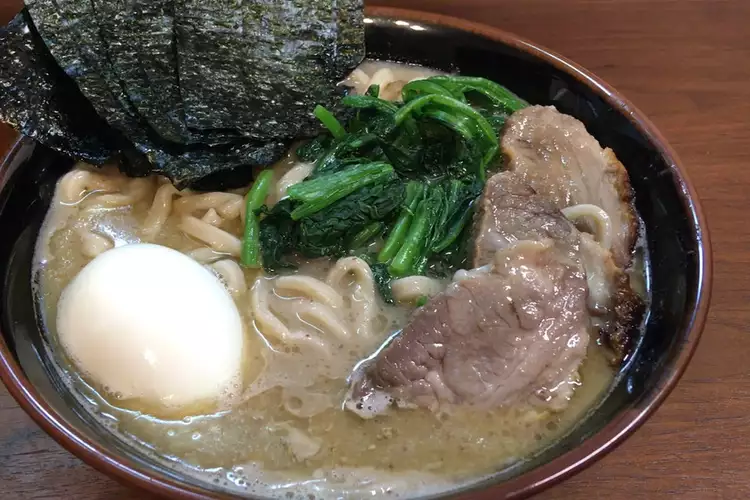
The name Iekei Ramen (家系ラーメン) also has its meaning. Its name consists of two root words. Firstly, is the kanji “家系” or Iekei which means “homestyle or family-style”. And the second is in katakana “ラーメン” or Ramen which is the Japanese noodle soup.
What is Iekei Ramen?
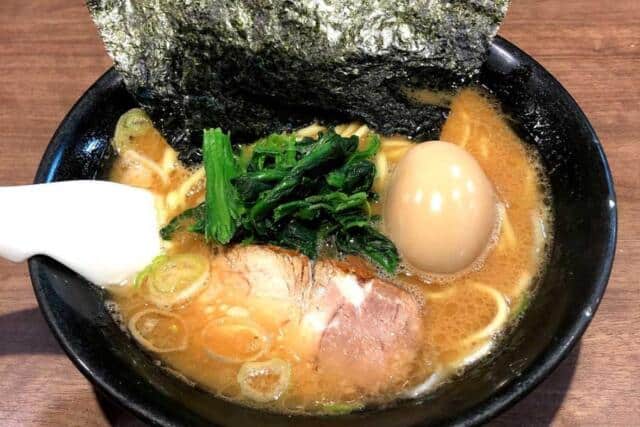
Iekei Ramen is a specialty from Kanagawa prefecture in which the soup is from tonkotsu style shoyu with Chinese soba. Accordingly, this dish consists of three elements: rich soup, thick noodles, and simple toppings. Locals flavor the soup based on tonkotsu shoyu with chicken oil extracted from a chicken. Topping such as “char shu”, “green onion”, “spinach”, and “nori” add a different taste and umami to it.
Among the toppings, “nori” is especially loved by fans. The simple aroma and taste of seaweed neutralizes the rich soup and helps keep tonkotsu shoyu soup from getting soggy.
However, chicken skin and chicken bones are the decisive factors in terms of their richness. Originally, this dish is popularize by ramen shops derived from the Yoshimura family. Additionally, since there were many “~ie” in the name of some restaurants during those times, its name became “iekei”.
Iekei Ramen Origin
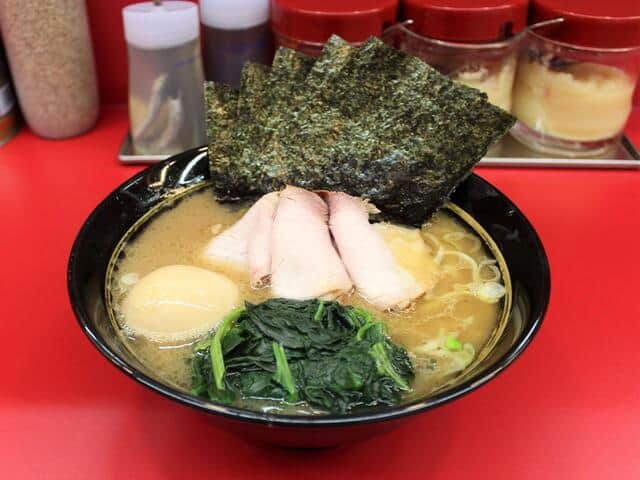
A former truck driver named Yoshimura Minoru invented Iekei Ramen near the south of Yokohama in 1974. During his truck driver days, Yoshimura-san became obsessed with trying out Japan’s various prefectural ramen styles. Thus, during his long-haul drives, he tasted hundreds of regional bowls during his journeys.
Then, one day, Yoshimura-san came upon a seemingly obvious but untested revelation: What would happen if you combined the creamy pork broth of Hakata-style tonkotsu with the clean chicken and shoyu soup of classic Tokyo-style shoyu ramen? Thus, he is convince that the combo would unite Japan’s rival ramen cultures into a bowl, Yoshimura-san quit his job and took on an apprenticeship at a branch of the influential chain “Ramen Shop,” determined to make his ideas into a reality.
After picking up some chops at Ramen Shop, Yoshimura-san launched his now legendary shop, “Yoshimura-ya”. The ramen he served was precisely the blend he dreamt up just a year before. Then, the hybrid took root almost instantly, attracting long lines and becoming popular colloquially as “Iekei” — the start of a ramen phenomenon.
Iekei Ramen Recipe
Let us talk about the iekei ramen recipe. Firstly, about its ingredients. It includes the main points: chicken skin, tonkotsu, chicken bone, shoyu, chicken oil. Additionally, its base ingredients are leek, kelp, garlic, vinegar, spinach, and water. Its toppings can also include nori.
How to make Iekei Ramen?
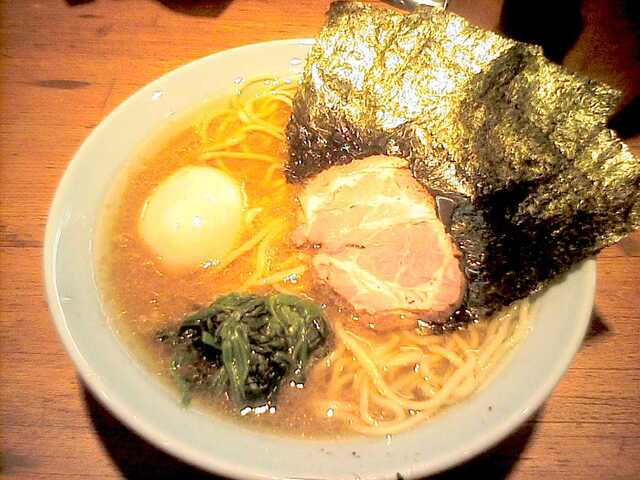
Pre-Boil pork bones in a large pot and skim off scum as it rises to the top. When most of the scum has come out of the bones, cool them down with running water and scrub off any blood that is on the bones.
Put the cleaned bones into a pressure cooker and cover them with water. Pressure cook the bones for 1 hour.
Release the pressure from the pressure cooker after an hour and bring bones to a rolling boil for 2-3 hours, adding water as it evaporates. After 2-3 hours of boiling, cool the soup down and store it in the fridge overnight.
The next day add your chicken skin and boil for another hour. Add water as it evaporates.
After boiling the soup with the chicken skin, add the cabbage, round onion, green onion, ginger, garlic, and niboshi. Boil for another hour and strain the soup after.
To make the bowl of Iekei style tonkotsu ramen, add shoyu tare and chicken oil to a bowl and add tonkotsu soup.
How to eat Iekei Ramen?
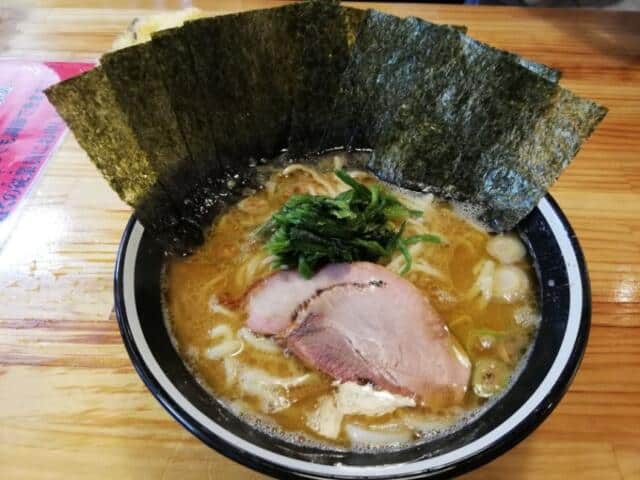
One of the ways to enjoy Iekei Ramen is to find the best combination from many combinations, from boiling to toppings. At many shops that offer Iekei Ramen, you can freely choose the “taste intensity”, “noodle hardness”, and “amount of oil”. When you eat for the first time, it’s a good idea to order everything normally and explore your taste the next time. What is popular with many people is the combination of “(taste) normal”, “(noodle) firming”, and “(oil) normal”. Various seasonings such as doubanjiang, garlic, ginger, vinegar, chili oil, and sesame are on the table.
The rich Iekei ramen goes great with rice. After eating the noodles and ingredients, add white rice and enjoy the soup to the end. Instead of putting the rice in the soup, soak the seaweed in the soup, and after you can wrap the rice with the seaweed.
How healthy is tonkotsu ramen?
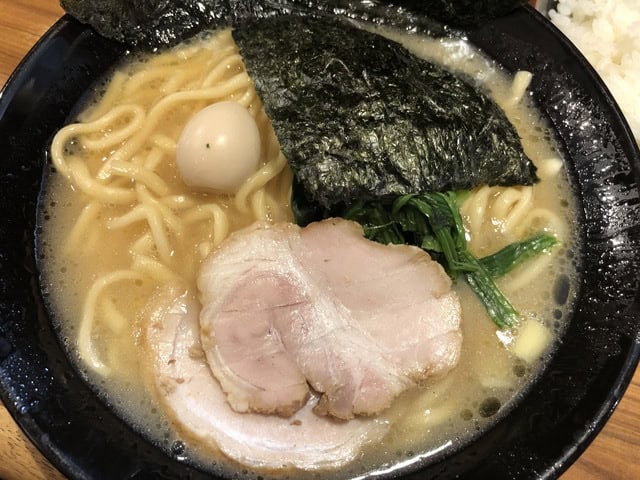
Not only does the umami flavor of tonkotsu delight taste buds but bone broths such as this have numerous health benefits. The collagen from the bone is said to help healthy digestive lining, boost the immune system, aid in overcoming food allergies and improve joint health. So it tastes good and is good for you.
Is it OK to eat ramen everyday?
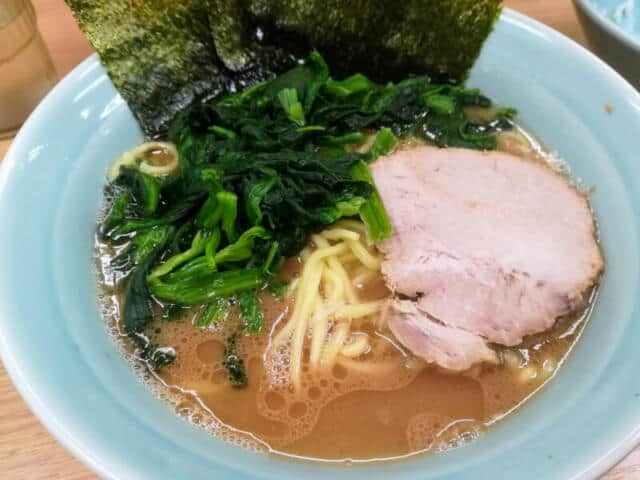
One Japanese doctor says that even if you eat ramen every day, it’s not such a problem as long as it’s not tonkotsu ramen. Soy and miso-broth ramen are fine as everyday foods, Ichihara says, as a bowl of either is usually about 500 to 800 calories, not an entirely unreasonable amount for a meal. However, tonkotsu or pork stock ramen, aside from being particularly popular in southwestern Japan, is also particularly high in fat, and thus calories. Eating such high-calorie fare daily can increase your risk of health problems, such as obesity, diabetes, and high blood pressure.
Recommended Iekei Ramen Restaurants
Yoshimuraya
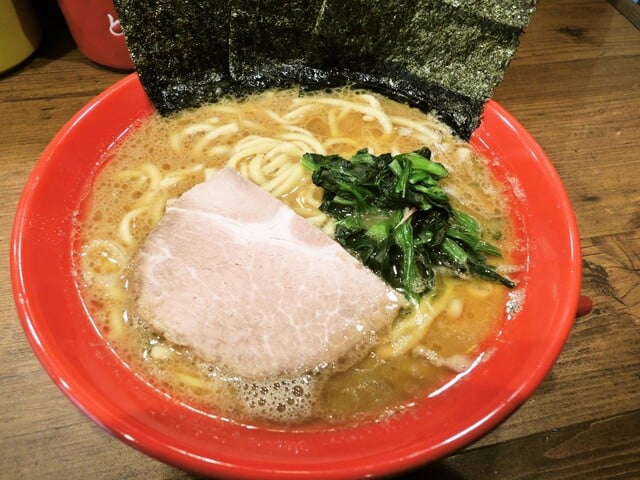
All good things come to those who wait at Yoshimuraya, it’s more than what it is worth. Widely considered as the birthplace of iekei ramen, you’ll see locals lined up here from the moment the shop opens its doors. At only ¥690 for a regular bowl, it’s a good option to fill your stomach without emptying your wallet.
Yokohama-ya
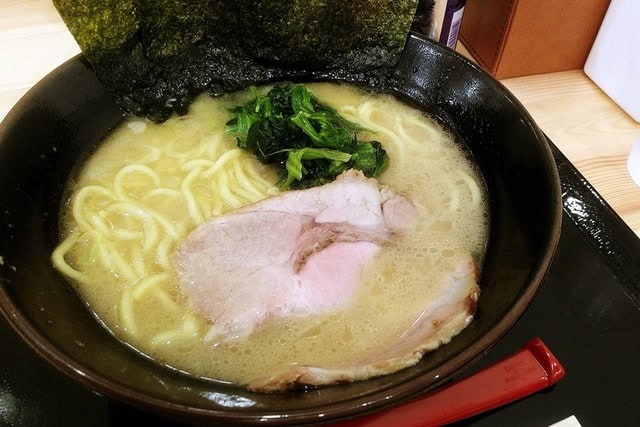
Yokohama-ya uses a vending machine to automatically receive your order. They serve the ramen with the works, topped with spinach, seaweed, a soft boiled egg, green onions, and tender pork belly. Just press the “全部のせトッピングラーメン”(ramen with all the toppings) button on the vending machine where you order.
Tsuruichiya
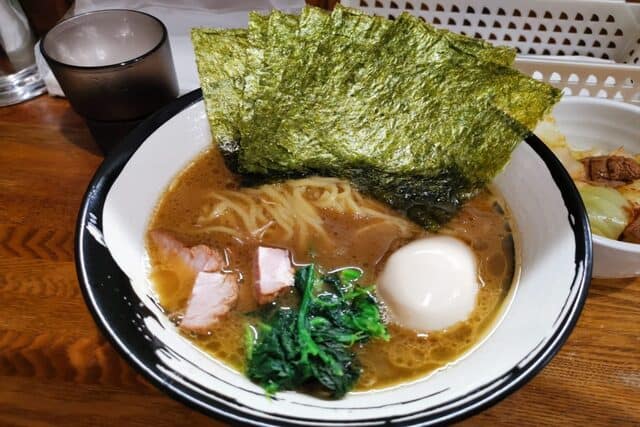
Tsuruichi-ya is open 24 hours, making it a lifesaver after a night of heavy drinking. Their intense rich broth and thick pork slices will soak up all the booze floating around in your belly. If you’re feeling frisky, try their spicy ramen which has four levels of heat to burn your tastebuds.
Suzukiy
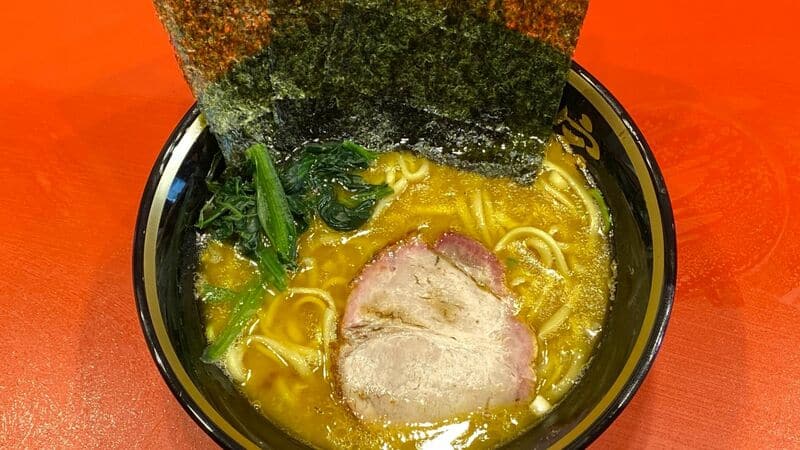
Another shop where dedicated locals line up in cult-like fashion waiting to receive their blessing. If the heavy broth at other shops feels a bit too indulgent, Suzuki-ya’s soup may be better for you. The broth is much lighter but still packed with lots of flavors.
Conclusion
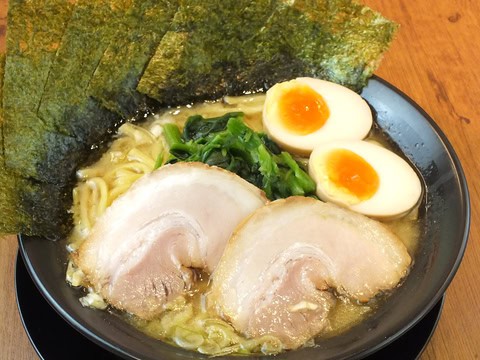
Iekei style ramen is now making a movement from Yokohama to nationwide as a new type of Ramen noodles. It is also worth noting that the Iekei Ramen has its ingenuity created by disciples and grandchildren, and the taste is slightly different depending on the restaurant. The impression changes dramatically depending on the hardness of the noodles and the amount of oil. You can also try out other varieties of ramen. There are also Shirakawa Ramen from Fukushima prefecture that looks like Iekei Ramen and Wakayama ramen from Wakayama prefecture.
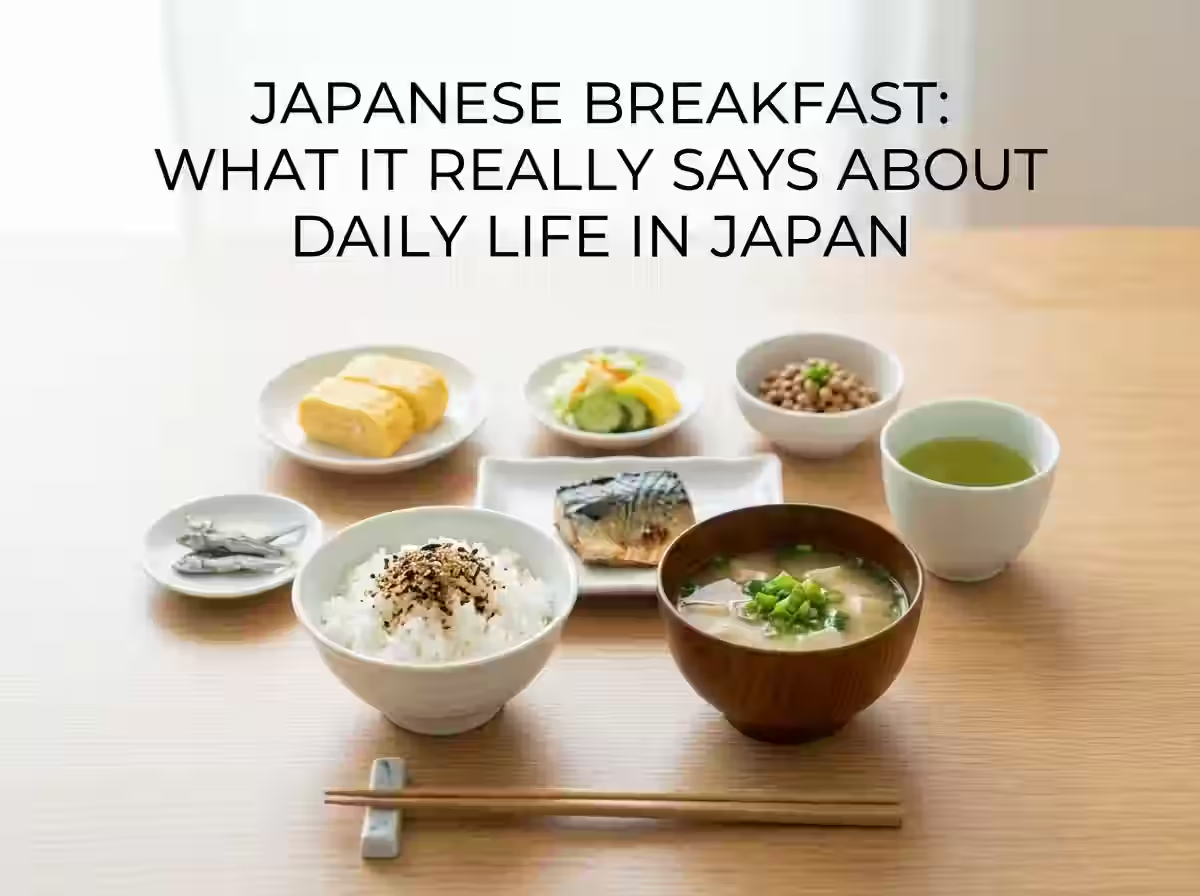
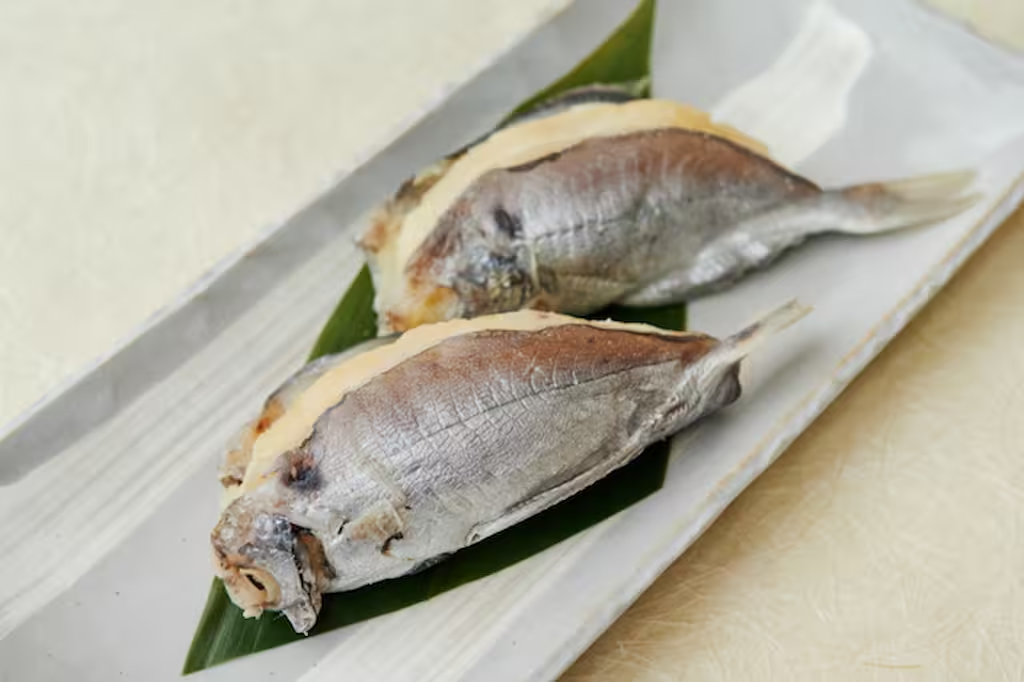
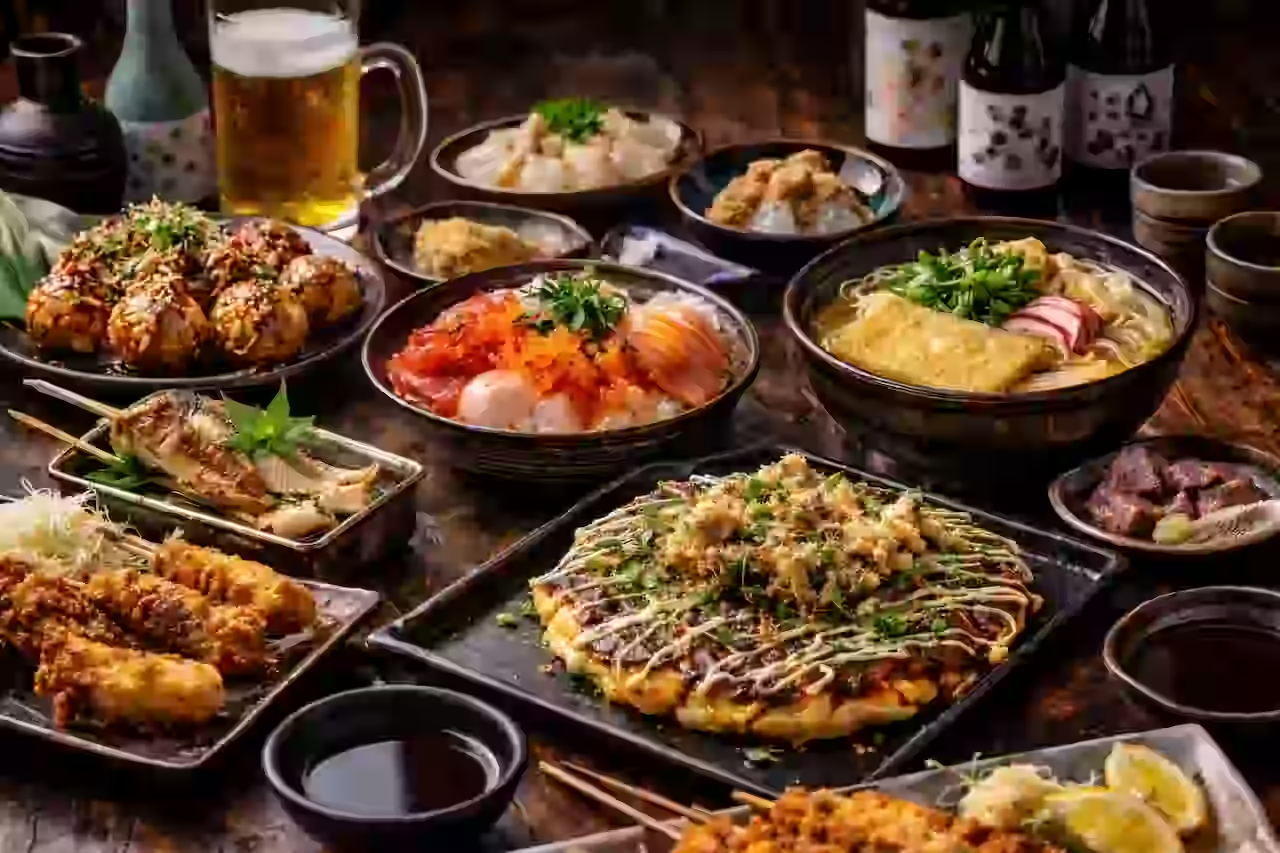
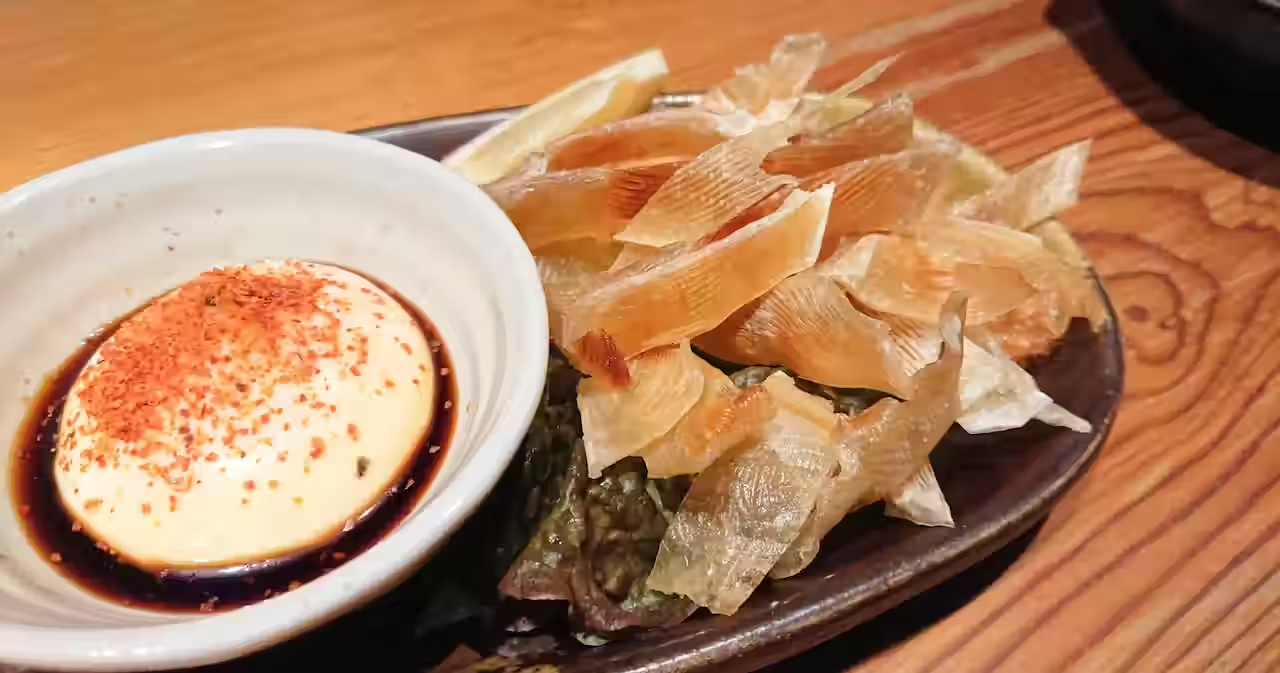
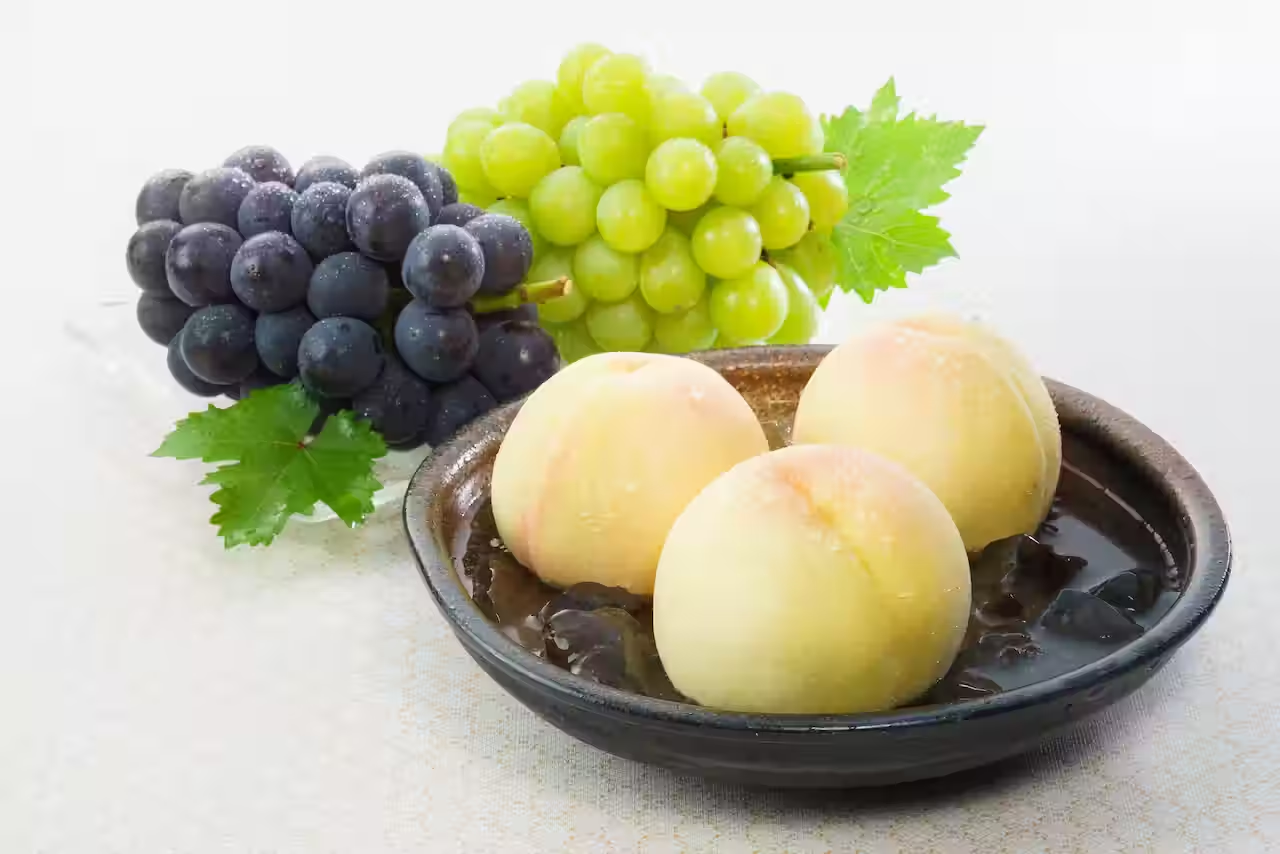

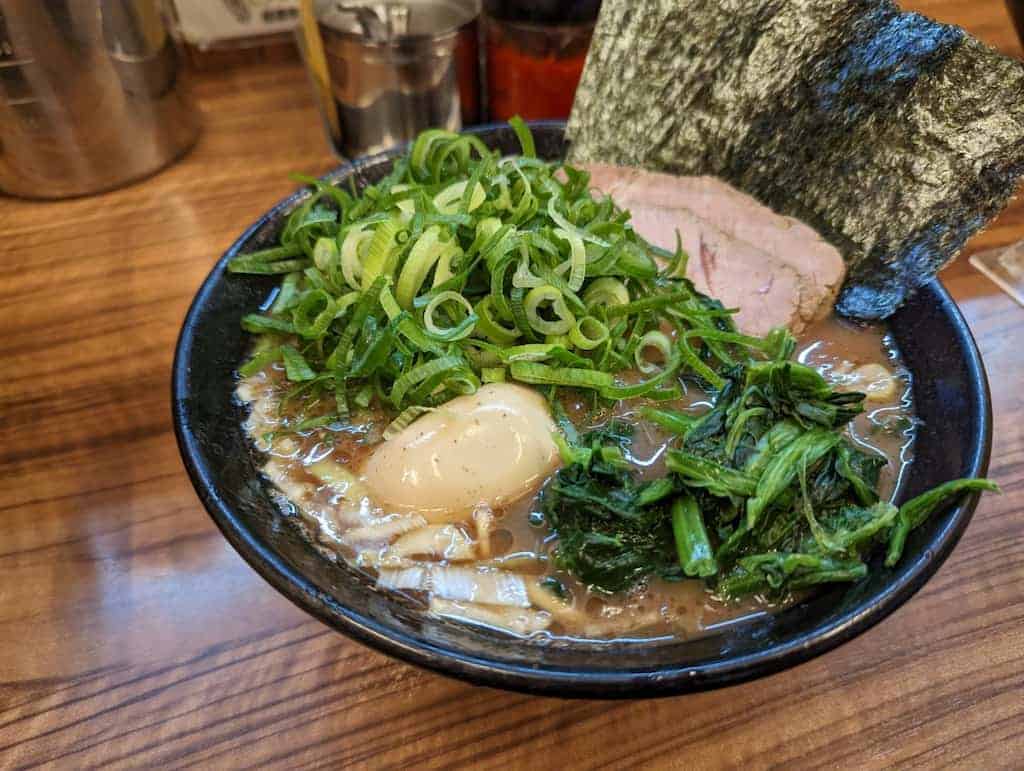
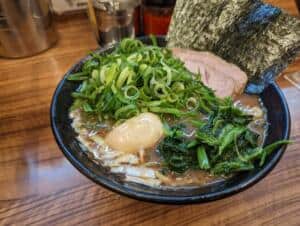
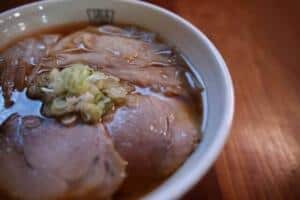
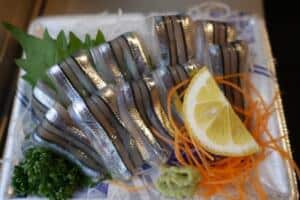
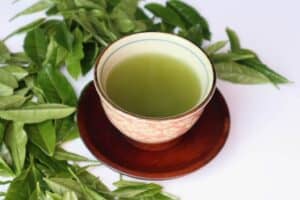

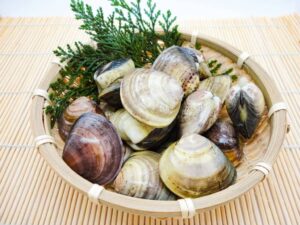
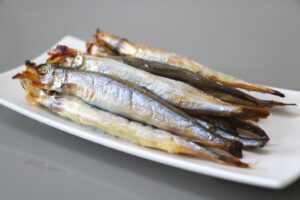
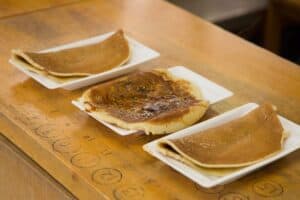
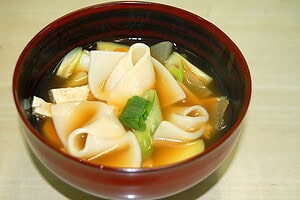
Comments